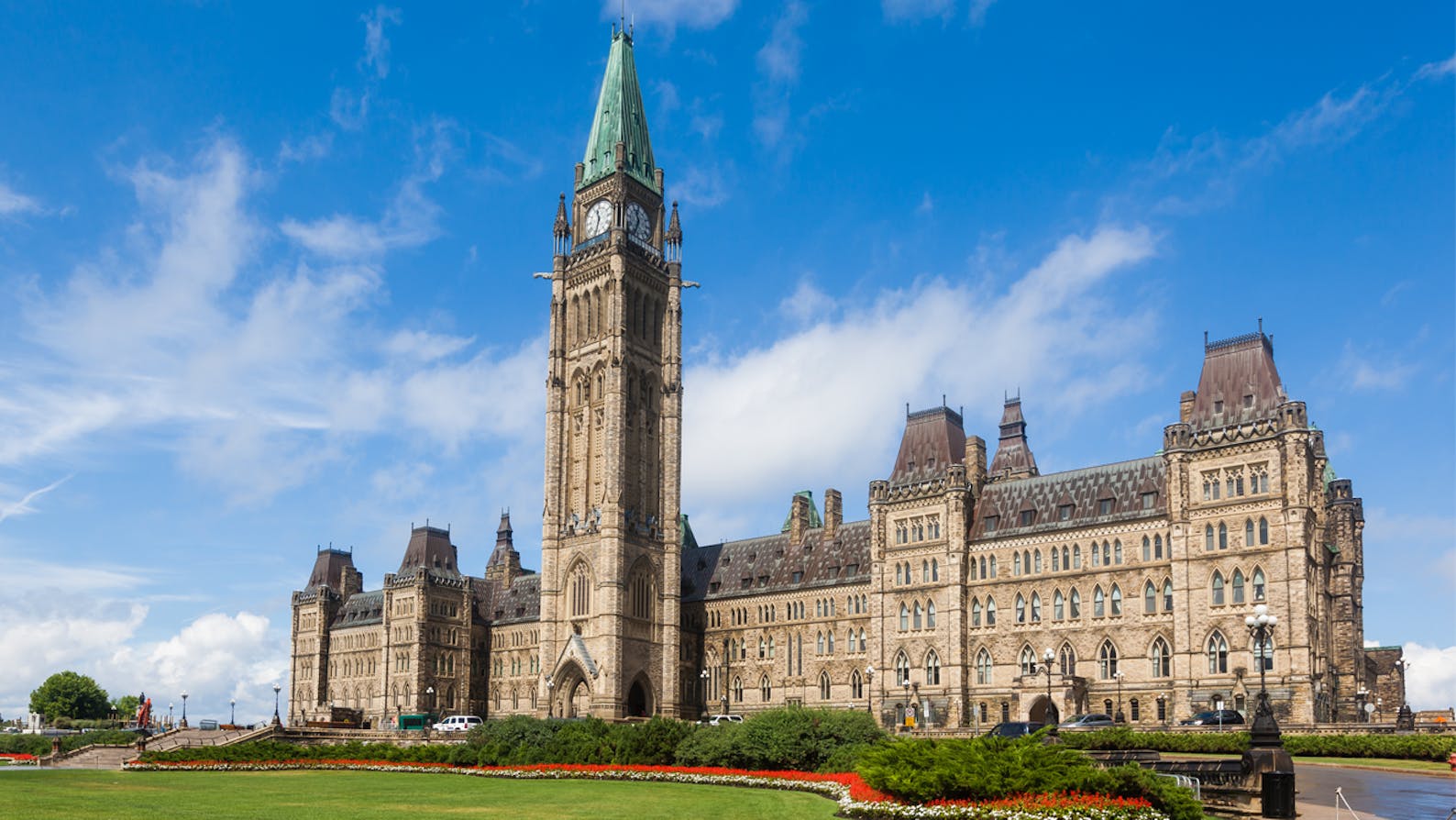If you work in accommodation, manufacturing, or health care, you know the important work that immigrants do each day. In 2018, immigrants were more likely to be employed in one of these three sectors than any other in Alberta.[1] Immigration is vital to the future growth and health of our province and our city. According to the 2016 census, 89,665 individuals who immigrated to Canada between 2011 and 2016 chose to reside in Calgary. [2]
Earlier this month, the federal government announced plans to introduce a new immigration sponsorship initiative called the Municipal Nominee Program. According to news reports and the mandate letter for the Minister of Immigration, Refugees, and Citizenship, the program would allow local communities, chambers of commerce, and local labour councils to directly sponsor permanent immigrants in order to address local labour needs. [3],[4] A total of 5,000 spaces would be dedicated for the program, which was a campaign promise made by the Liberal Party of Canada. [5],[6]
Closing the skills gap crucial to the future of our community and our economy
During the 2019 federal election, the Calgary and Edmonton Chambers advocated for action to close the talent and skills gap impacting the Canadian economy. We advocated for policies and actions to close the talent and skills gap because it is vital to position Canadians for the rapidly changing global economy. The Municipal Nominee Program has the potential to help address these skills deficiencies in sectors that matter to Calgary, although we await more specific details on how it will be administered. As it currently stands, we are glad to see a program that gives the local business community a stronger voice.
While the Municipal Nominee Program is a positive step forward, this program needs to be part of a larger plan to address the present skills and talent gap, which must include continuing to work with governments, post-secondary institutions and businesses to improve training opportunities for all Canadian workers. As the voice of Calgary’s business community, we are continuing to monitor the introduction and implementation of this program and engage with the government to ensure it helps close the skills gap.
[1] “A Digital Future for Alberta: An Analysis of Digital Occupations in Alberta’s High-Growth Sectors,” The Information and Communications Technology Council, accessed January 13, 2020, https://www.ictc-ctic.ca/wp-content/uploads/2019/06/ICTC_alberta-digital-future-final-6.2919.pdf. “The Canadian Immigrant Labour Market: Recent Trends from 2006 to 2017,” The Immigrant Labour Force Analysis Series, Statistics Canada, accessed January 13, 2020 https://www150.statcan.gc.ca/n1/pub/71-606-x/71-606-x2018001-eng.htm.
[2] “Census Profile, 2016 Census,” Statistics Canada, accessed January 2, 2020, https://www12.statcan.gc.ca/census-recensement/2016/dp-pd/prof/details/page.cfm?Lang=E&Geo1=CSD&Code1=4806016&Geo2=PR&Code2=01&Data=Count&SearchText=4806016&SearchType=Begins&SearchPR=01&B1=All&Custom=&TABID=3.
[3] “Minister of Immigration, Refugees, and Citizenship Mandate Letter,” The Prime Minister of Canada, accessed January 2, 2020, https://pm.gc.ca/en/mandate-letters/minister-immigration-refugees-and-citizenship-mandate-letter.
[4] “Liberals plan new program to allow communities to pick immigrants,” Kathleen Harris, accessed January 2, 2020, https://www.cbc.ca/news/politics/municipal-nominee-immigration-program-1.5404402.
[5] “Minister of Immigration, Refugees, and Citizenship Mandate Letter,” The Prime Minister of Canada, accessed January 2, 2020, https://pm.gc.ca/en/mandate-letters/minister-immigration-refugees-and-citizenship-mandate-letter.
[6] “Forward: A Real Plan for the Middle Class,” Liberal Party of Canada, 75, January 2, 2020, https://www2.liberal.ca/wp-content/uploads/sites/292/2019/09/Forward-A-real-plan-for-the-middle-class.pdf.





